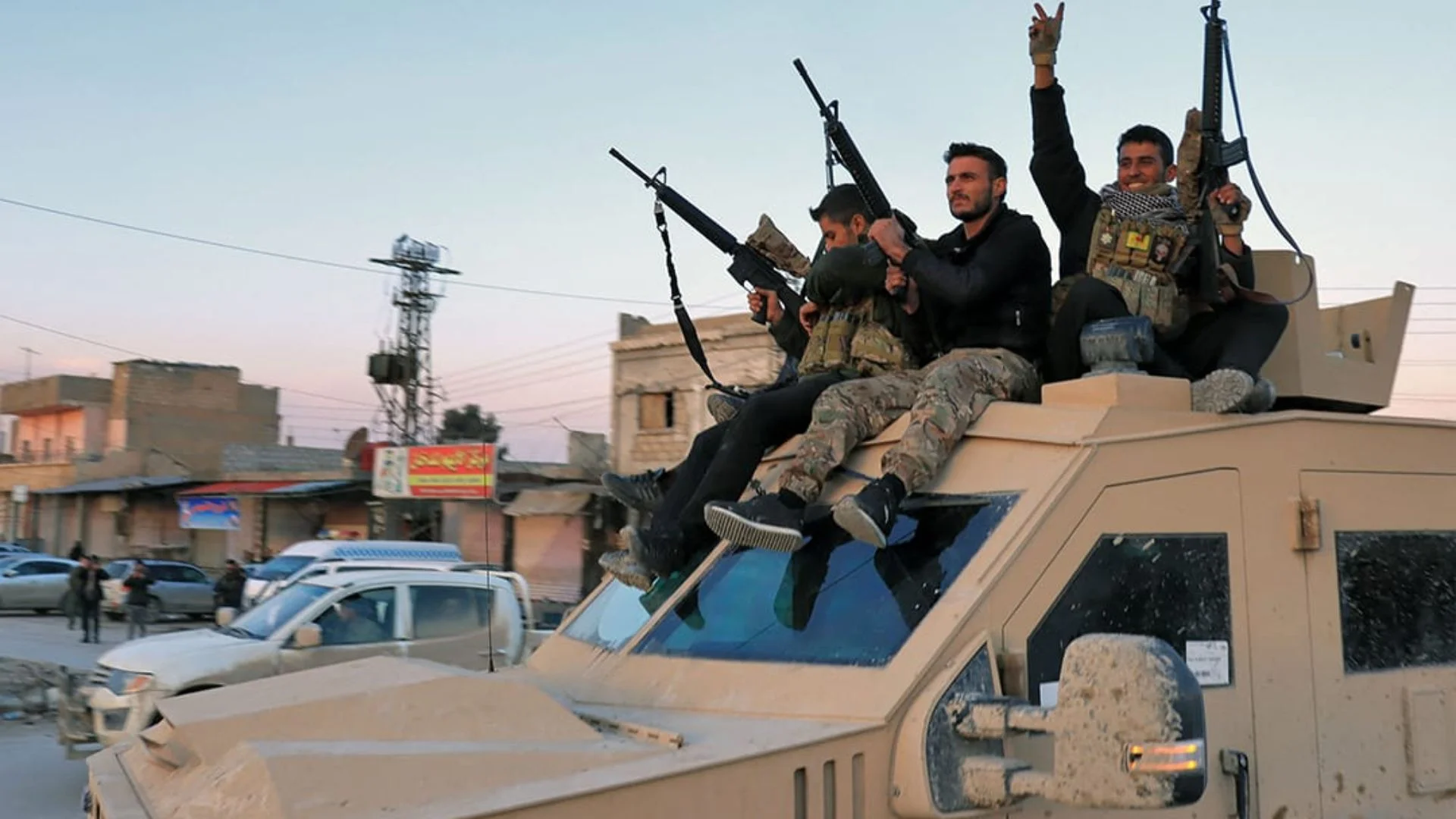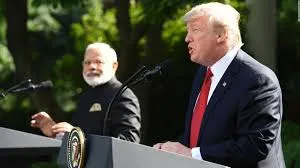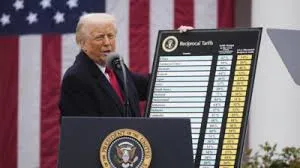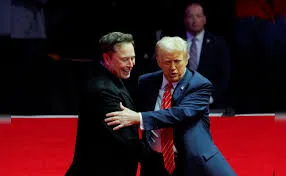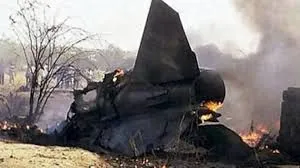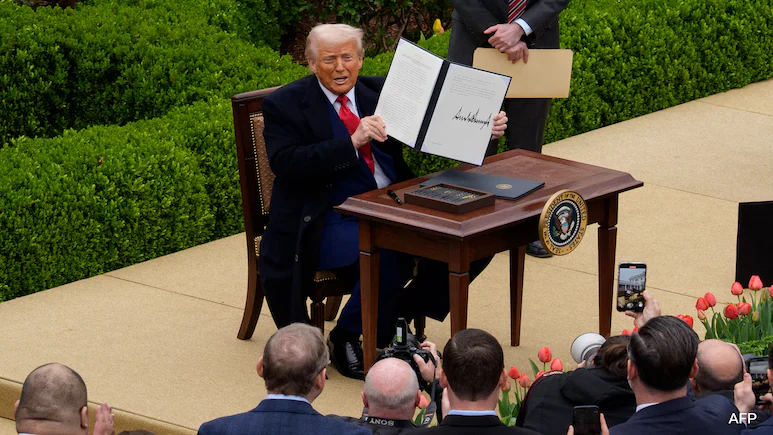Diplomatic Warning over Roles of Foreign Fighters in Syrian Military
US, French, and German envoys sounded alarm over the recent appointments by Syria of foreign jihadists to key military positions, which they believe would harm its international reputation and create security concerns. The sources familiar with the matter said the warning was issued during meetings between Western officials and Syria’s de facto leader, Ahmed al-Sharaa. This is at a time when Syria is seeking to rebuild its armed forces following the military coup that overthrew President Bashar al-Assad in December 2023.
Foreign Fighters in Top Posts
Sharaa’s armed faction, Hayat Tahrir al-Sham (HTS), which helped bring down Assad, has promoted close to 50 individuals into top military posts, including foreign jihadists. These new recruits comprise fighters from China, Central Asia, Egypt, Turkey, and Jordan. Some have been promoted to brigadier-general and colonel ranks, which has alarmed foreign governments about national security and the risk of destabilization. HTS and its supporters have hundreds of foreign fighters within their ranks, many of whom have followed extreme interpretations of Islam during Syria’s 13-year civil war.
Western Powers Warn of Risks to Global Security
Such sentiments have been vocalized by diplomats who hail from Western countries, particularly the United States’ Daniel Rubinstein, Jean-Noel Barrot of France, and Germany’s Annalena Baerbock, who fear foreign deployments may increase insecurity. According to them, fighters may use such military positions against their home states or become more involved in activities of transnational jihadists. The foreign ministers warned that Syria’s efforts to integrate foreign fighters into the armed forces could encourage other jihadists to seek refuge and support in Syria, increasing the risk of international terrorist activity.
Syria’s new leadership has defended the appointments, stating that these foreign fighters played an essential role in removing Assad and should be allowed to remain in the country. It is, therefore, in this sense that the officials are urging that the same individuals be considered as being integrated into the social fabric of Syrian society. Most of these have been living in Syria for over a decade. They further argued that the appointments will prevent such people from turning out to be a disrupting force either within Syria or abroad.
Concerns About Encouraging Transnational Jihadism
US and European governments are skeptical of this justification, and diplomats have expressed that the appointment of foreign fighters to high positions may send the wrong signal to other jihadist groups. These appointments may embolden transnational jihadists, which can lead to the proliferation of extremist ideologies across the region. In his new role as a brigadier-general in the Syrian army, Chinese Uyghur militant and head of the Turkistan Islamic Party, Abdulaziz Dawood Khudaberdi, may have been raised to a senior rank. However, the organization is listed by Beijing as one of its terror groups, leaving open the broader international implications.
Syria’s new leadership is now confronted with the challenge of balancing the demands of the domestic factions, including foreign jihadists, with the expectations of international powers. In order to rebuild the country, the support of the US and European countries is required, and Syria’s leadership has to tread a path that addresses national security concerns while securing international backing.
Analysts believe the country’s leadership expects to assimilate these foreign fighters into the military to hopefully integrate them as part of Syrian society, thus heading off future problems both domestically and internationally. However, analysts warn that the contagion of danger goes on locally and globally if the struggle for loyalty remains real among jihadists.
This has brought the Syrian government’s decision to appoint foreign jihadists to high military positions into the international limelight and triggered serious concerns from Western powers. The Syrian government, as it tries to rebuild its military strength, continues to raise fears within the international community regarding the implications of these appointments for regional security and global jihadist threats.

